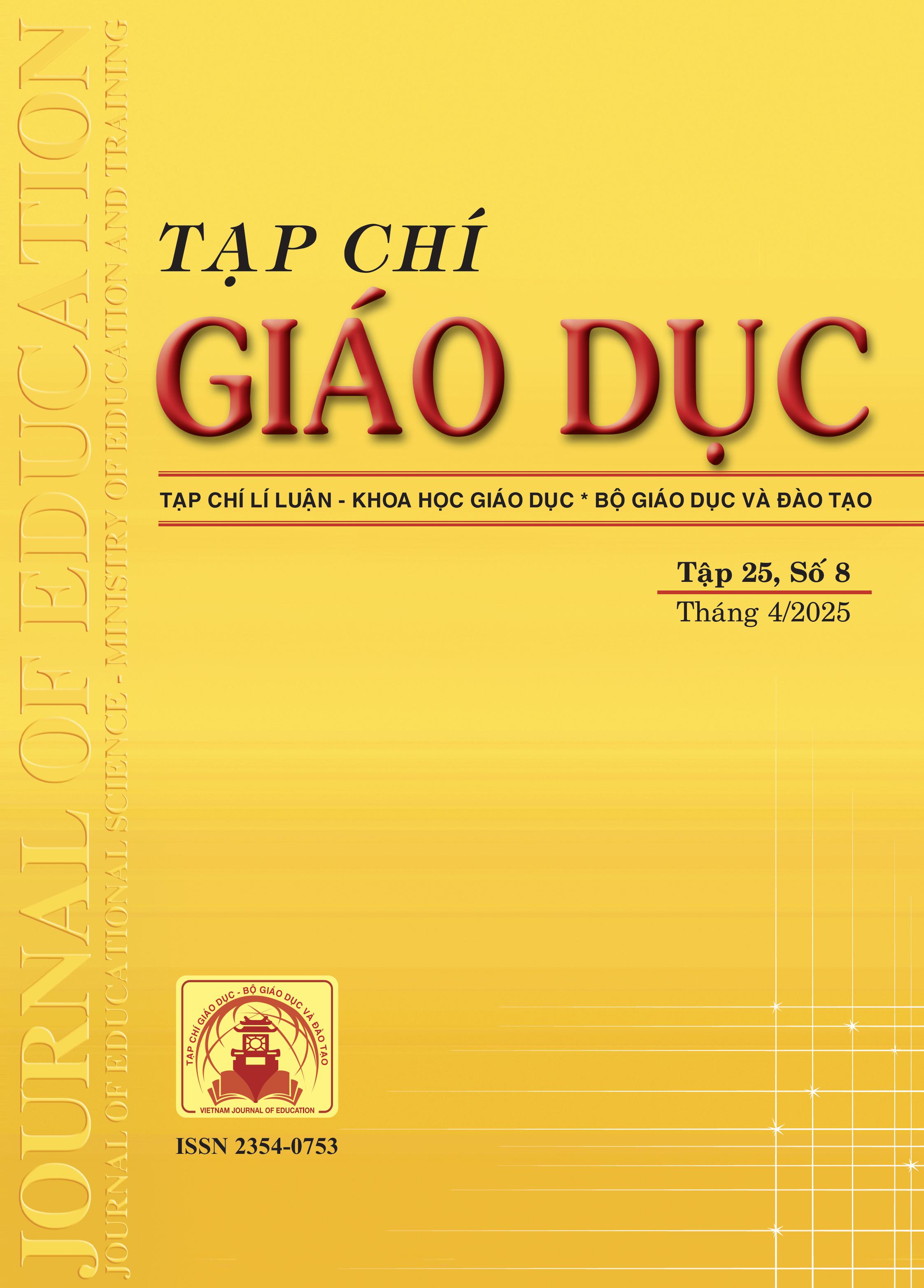Đánh giá hiệu quả quản lí thực tập mục vụ tại giáo xứ theo mô hình CIPO: nghiên cứu điển hình tại tổng giáo phận Thành phố Hồ Chí Minh
Tóm tắt
Pastoral internships in parishes play a crucial role in priestly formation, allowing seminarians to apply theological knowledge, develop pastoral skills, and cultivate moral virtues. However, challenges remain, including inconsistencies in organization, supervision, and an underdeveloped evaluation system. This study applies the CIPO model (Context - Input - Process - Output) to assess the effectiveness of pastoral internship management in the Archdiocese of Ho Chi Minh City. The findings indicate that while the internship program aligns with Church guidelines, limitations persist in self-directed learning, evaluation systems, and feedback mechanisms from parishes. Additionally, external factors such as social changes, diocesan policies, and technology impact internship effectiveness. The study recommends strengthening coordination between seminaries and parishes, improving evaluation frameworks, and enhancing the integration of technology to refine priestly training and better prepare seminarians for contemporary pastoral challenges.
Tài liệu tham khảo
Bộ Giáo Sĩ (2016). Hướng dẫn đào luyện linh mục: Hồng Ân Ơn Gọi Linh Mục. Bản dịch của Ủy Ban Giáo Sĩ & Chủng Sinh thuộc Hội đồng Giám mục Việt Nam (2017). NXB Tôn giáo.
Cozzens, D. (2000). The Changing Face of the Priesthood. Liturgical Press, US.
Cheng, Y. C. (2019). School Effectiveness and School-based Management: A Mechanism for Development. New York: Springer.
Dinh, D. D. (2015). The Formation of Seminarians in Vietnam Context according to the Teaching of Catholic Church. Priestly Formation in the Asian Context. http://stt.catholic.ac.kr/data/sttbook/1436491614247.pdf, 93-122.
Fischer, M. F. (2018). Preparing Seminarians for Pastoral Leadership. Seminary Journal, 16(3), 25-29.
Fitzpatrick, J., Sanders, J., & Worthen, B. (2011). Program Evaluation: Alternative Approaches and Practical Guidelines. US: Pearson Education.
Hội đồng Giám mục Việt Nam (2012). Đào luyện Linh mục: Định hướng và chỉ dẫn. NXB Tôn giáo.
NCEA & ATS (2018). An Assessment Workbook for Roman Catholic Seminaries. https://www.ats.edu/files/galleries/roman-catholic-assessment-workbook.pdf
Paul II, J. (1992). Pastores Dabo Vobis: On the Formation of Priests in the Circumtances of the Present Day. https://www.vatican.va/content/john-paul-ii/en/apost_exhortations/documents/hf_jp_ii_exh_25031992_pastores-dabo-vobis.html
Scheerens, J. (1990). School Effectiveness and the Development of Process Indicators of School Functionin. School Effectiveness and School Improvement, 1(1), 61-80. https://doi.org/10.1080/0924345900010106
Scheerens, J. (2000). Improving school effectiveness. UNESCO International Institute for Educational Planning.
Scheerens, J. (2015). Educational Effectiveness and Ineffectiveness. New York: Springer.
Stufflebeam, D. L. (2017). The CIPP Evaluation Model: How to Evaluate for Improvement and Accountability. New York: Guilford Press.
Trong, P. V. (2012). An Application of Blake and Mouton’s Leadership Styles of Semianrians of Saint Joseph Major Saminary in Hochiminh City Diocese during Serving at Parish. In Theisis, Assumption University of Thailand.
United States Conference of Catholic Bishops (2005). Program of Priestly Formation 5th. https://www.usccb.org/upload/program-priestly-formation-fifth-edition.pdf
Tải xuống
Đã Xuất bản
Cách trích dẫn
Số
Chuyên mục
Giấy phép

Tác phẩm này được cấp phép theo Ghi nhận tác giả của Creative Commons Giấy phép quốc tế 4.0 .












